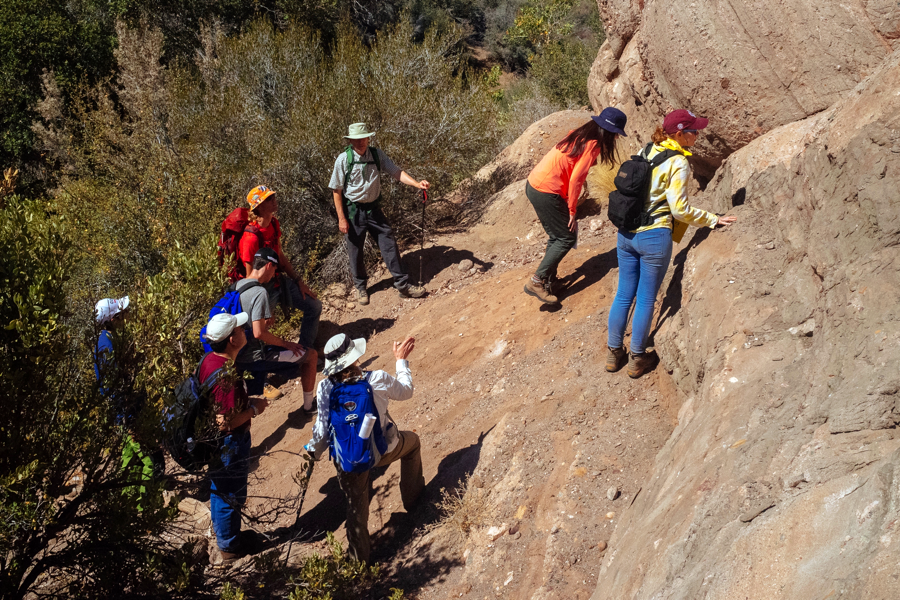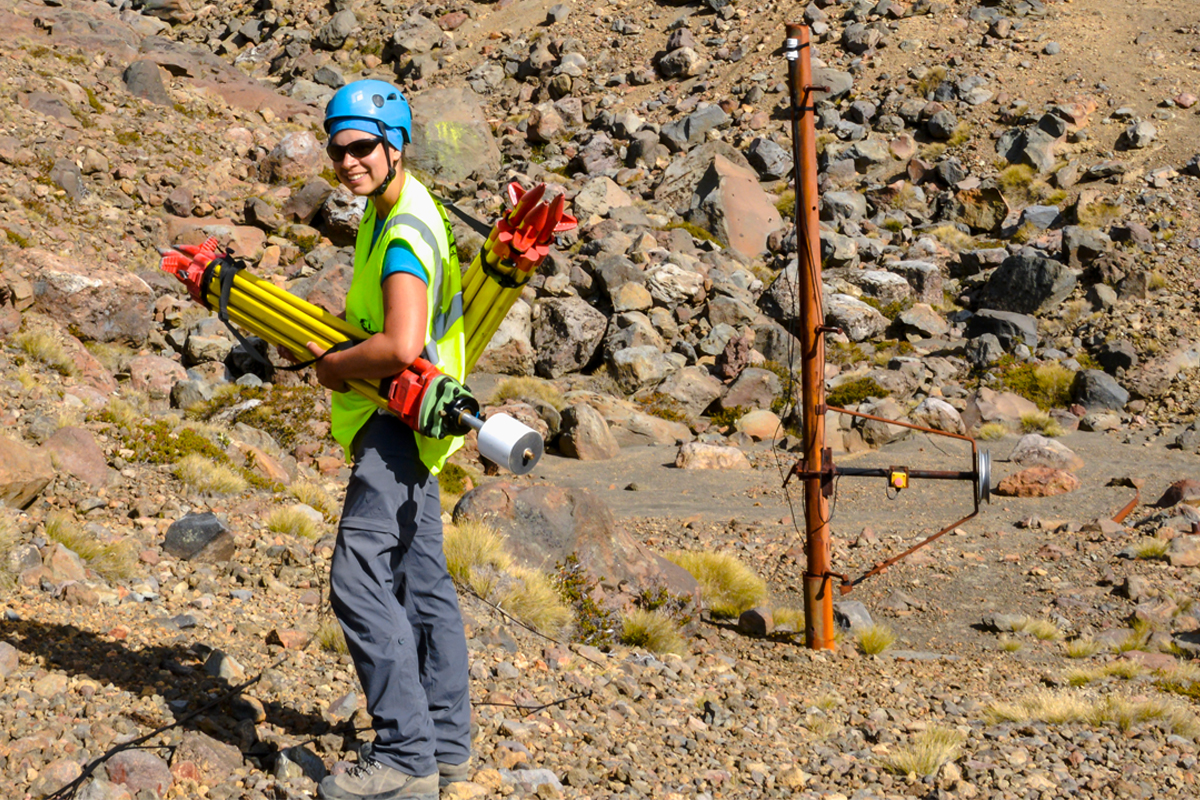All Categories
Featured
Table of Contents
Careers With Geophysics - Ocean And Earth Science ... in Two Rocks WA 2021
This work is significantly contracted out, so consultancies provide another source of employment. Consultancy firms differ in size, from extremely small companies to big multinationals. Some consultancies are quite specialised in using particular geophysical techniques or working in specific areas, while others offer a more varied variety of services to their consumers.
The extraction of gas from landfill sites is another area of work and this may grow in the future. Exploration companies may undertake work for building firms, water companies, mining business and ecological firms, so geophysicists may be employed in any of these settings. Other employers include: geological surveysgovernment bodies and agenciesuniversities and research institutes.


Vacancies may be noted in the oil and gas sector press. Recruitment is affected by oil cost variations and the level of competition for positions varies depending on this. Careers Days, which cover the full variety of geoscience careers and are usually gone to by a variety of key market employers, are run by The Geological Society.
Geophysicist, Exploration - Job Descriptions in Applecross Aus 2023
A few of the large oil and gas business offer a complete two-year structured training programme across the breadth of geophysics, including the chance to experience operate in various teams before specialising in one location. Your training might include deal with: existing wellsmagnetic and gravitational possible field information analysisresearchrock analysis. Nevertheless, it's more typical for your preliminary training to be offered on the job.

There may be a probationary period during which you work along with a skilled colleague. Competency-based appraisals occur routinely in a lot of companies. In smaller companies, and for academic posts, there is unlikely to be any official training - you'll be expected to begin work straightaway and select up skills as you go along.
If you work for a smaller sized business, you may find that you need to take obligation for setting up and moneying your own advancement and training. If you have a geology degree, subscription of The Geological Society can be helpful for networking and for keeping up to date with the industry.
Geophysical Survey Next Step In Carbon Storage Study in Shenton Park Oz 2020
You might also discover it helpful to sign up with the PESGB (The Petroleum Exploration Society of Great Britain, which has a geophysics unique interest group. After a probationary period, and when you've acquired some experience, you might progress to senior geophysicist, then team leader and then into a senior function in management.
The ease of movement in between roles depends upon the business structure. Research study at Masters or Ph, D level in a subject related to geophysics or geosciences might aid with your career development and progression. The work market within the oil and gas industry is very based on rate and this may impact your chances for career progression.
Not all tasks are dependent on the oil and gas industries. For experienced geophysicists, freelance consultancy provides an excellent path for career development. You can also specialise in a specific area of geophysics. As a geophysicist, you're most likely to have a number of jobs throughout your working life. Global mobility is crucial for handling peaks and troughs in various countries at different times.
Geophysical Services in Atwell Aus 2023
From geophysics, it's possible to concentrate on seismology (completing more training to end up being a seismic interpreter) or to move into related areas such as engineering geology or hazard prediction.
Choosing what to study in college is a difficult choice. Even if you understand that your field of interest depends on science, what program of research study is right for you? If you make the choice to major in physical and life sciences and pursue a profession as a geophysicist, you're getting ready for an exciting and successful occupation.
The first action to achieving your objective of ending up being a geophysicist is earning a degree. Even for entry-level positions in the field of geoscience, you'll need a bachelor's degree (a geophysicist college degree) from a certified college or university. Geophysicists must be able to: analyze rocks, photographs, and other pieces of data perform research study both in the field and in laboratories create maps and charts of their findings write reports To accomplish all this, students need a specialized education for geophysicist careers.
As specified above, you'll need a bachelor's degree in geoscience or an associated discipline, such as a physical science or a life sciences, to land an entry-level task. Students can also prepare by majoring in subjects like: Biology Chemistry Computer science Engineering Mathematics Physics The above geophysicist majors provide a more generalized approach to a single clinical discipline, but the majority of programs require students to take one or more geology course.
Latest Posts
Geophysicist Jobs in North Perth Australia 2021
Geophysical Survey Definition in Warnbro Western Australia 2021
What Is Geophysics? in Carlisle Australia 2020